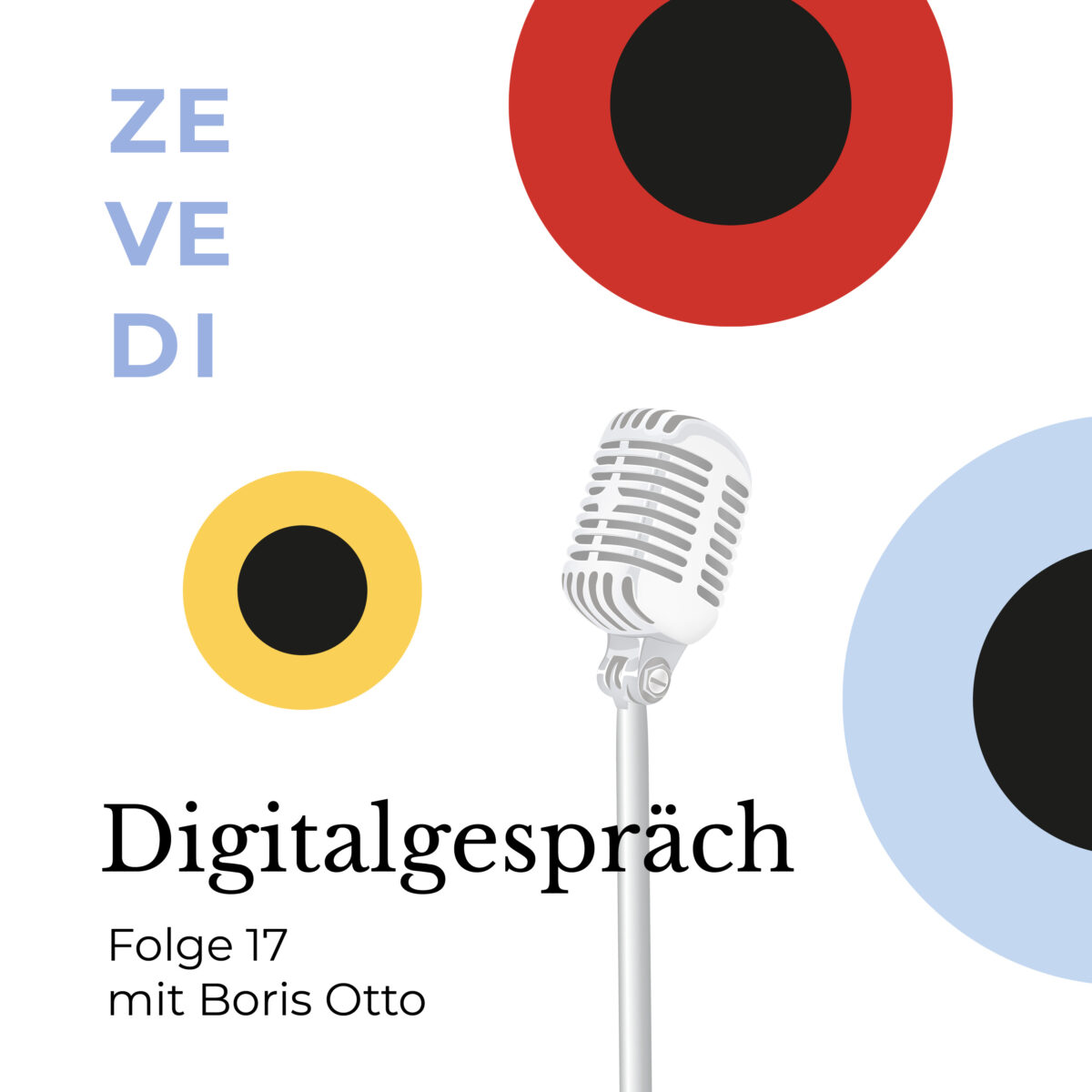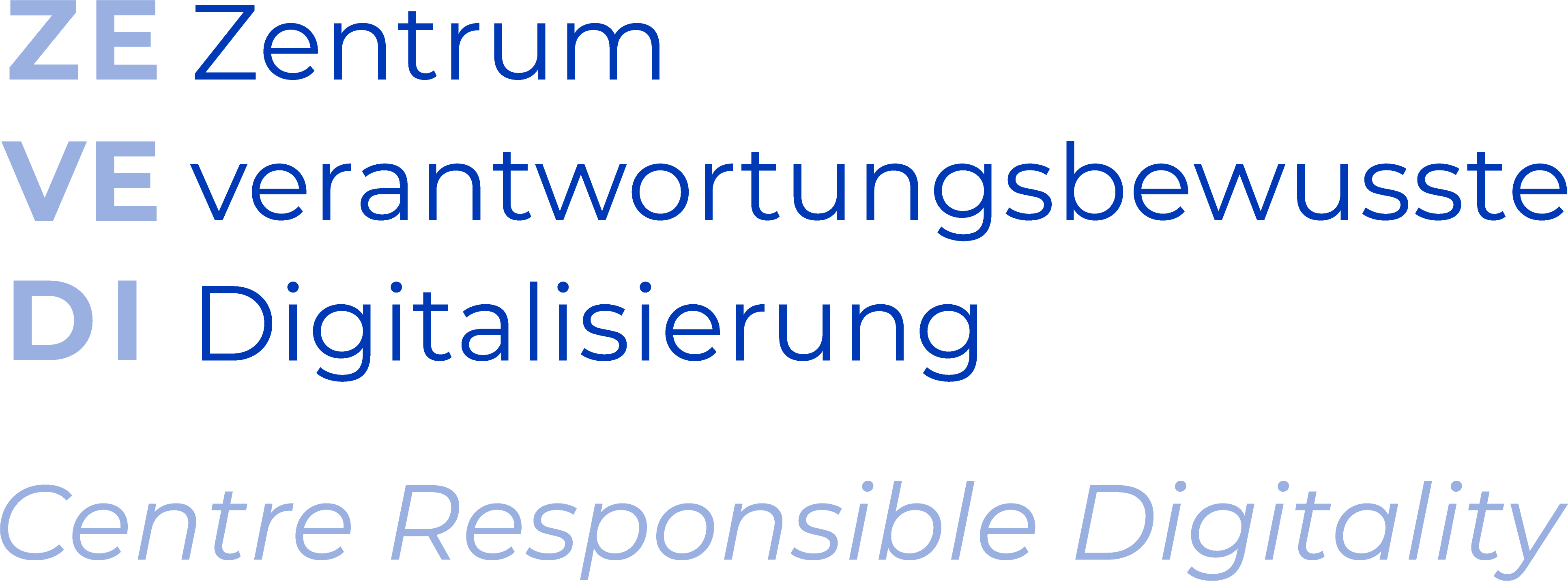
One hears the name “Gaia-X” more and more often. A new infrastructure is supposed to mediate in the conflict between data protection and growing demands for effective data use. But Gaia-X is also a word of hope in terms of industrial policy: innovative concepts for data sovereignty are to give rise to data products that are in harmony with European values and laws. Europe aims at finding independent, democratic forms of digitality. But how can this be done? In any case, given the market dominance of mainly non-European corporations that currently define the rules and standards of digitality, realising this vision will require an enormous joint effort. In fact, Gaia-X is already on its way and making great strides. However, details are still scarcely known outside expert circles. Therefore, the infrastructure on which the European data ecosystem is to be built is the topic of this episode of Digitalgespräch.
Boris Otto is Professor of Industrial Information Management at TU Dortmund University and Managing Director of the Fraunhofer ISST. In the context of the Gaia-X project he has held various central roles and thus has played a significant part in shaping the developments. In this episode of Digitalgespräch the expert and insider explains exactly what Gaia-X actually is about, which drivers, interests and conditions determine the design and how the progress – and ultimately the success – of the project will be measured. Together with ZEVEDI hosts Marlene Görger and Petra Gehring, Otto discusses the effects Gaia-X can have for companies as well as private individuals and which hurdles will still have to be overcome.
Further informationen:
Gaia-X website: https://www.gaia-x.eu/
all episodes of Digitalgespräch
The podcast is in German. At the moment there is no English version or transcript available.

